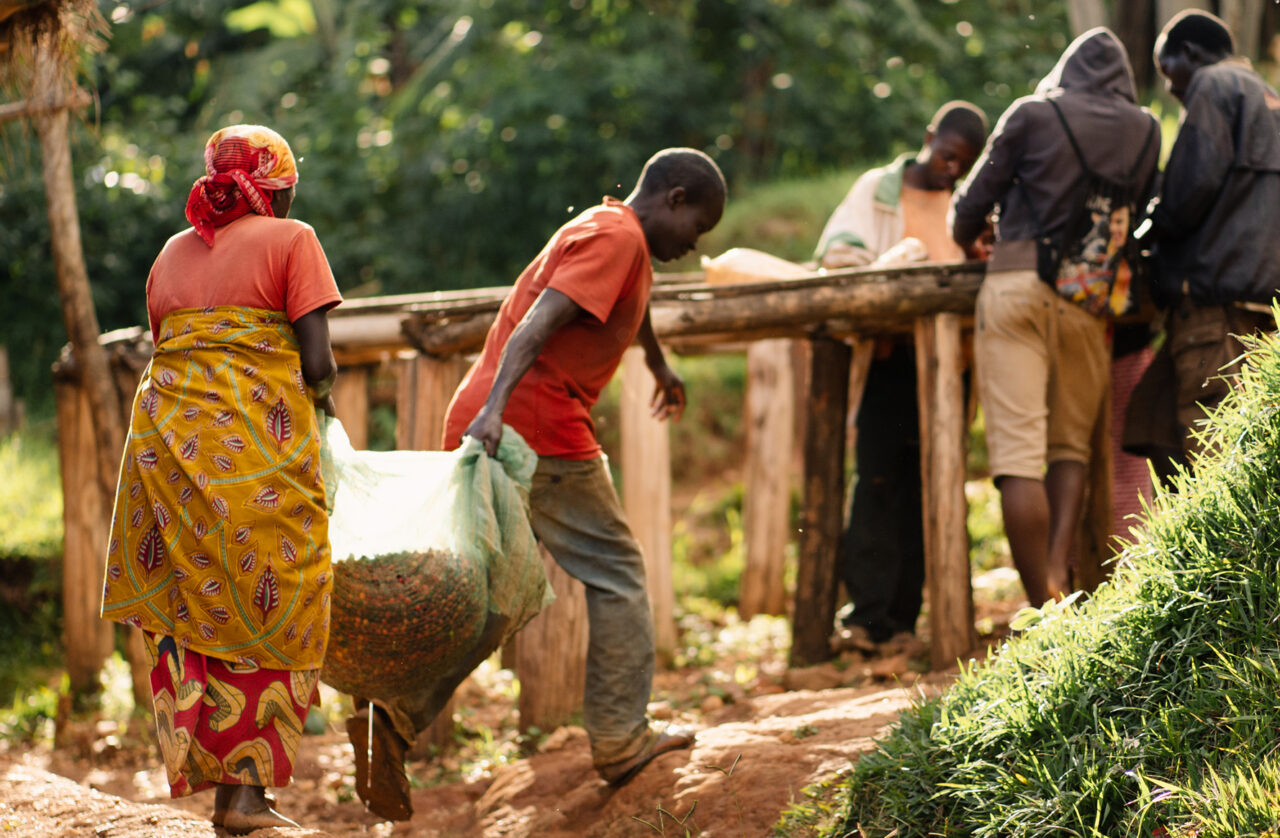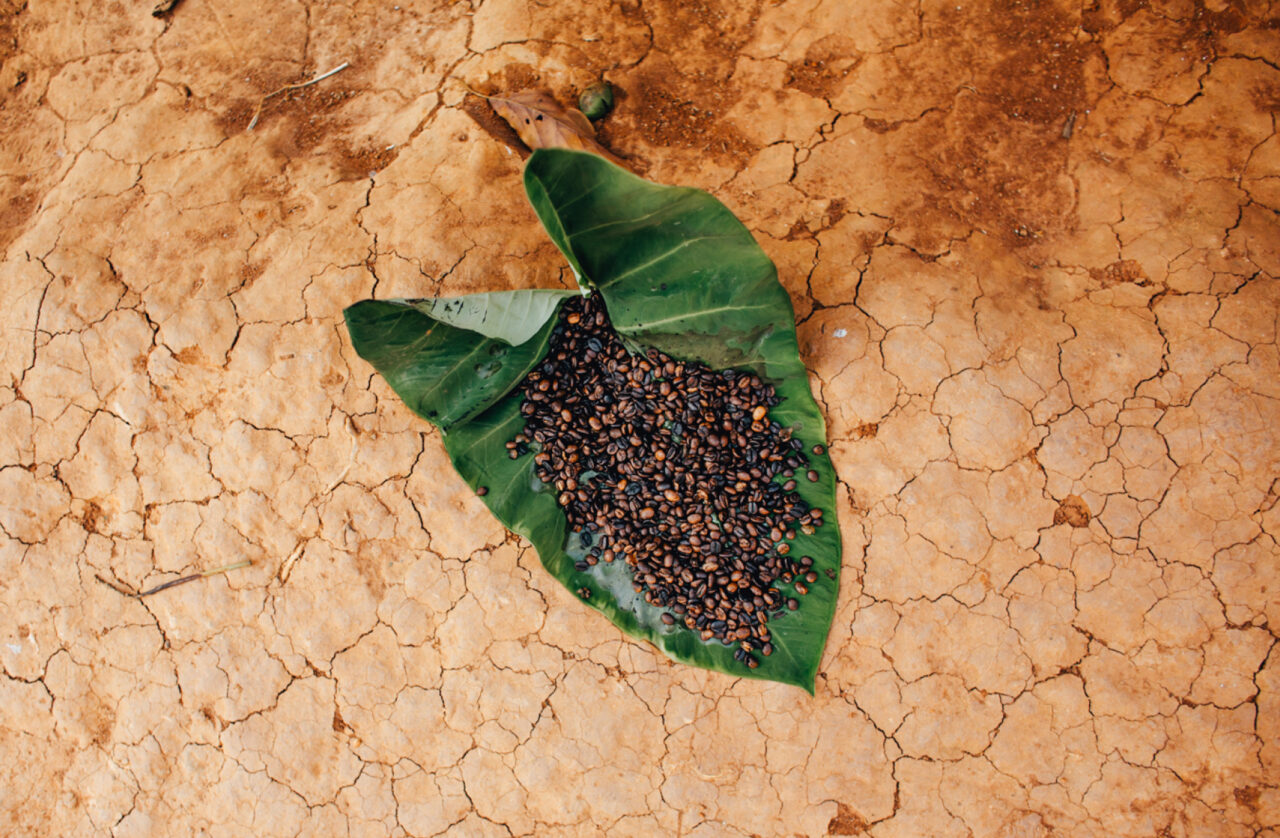We have seen firsthand the devastation of climate change-induced weather events in the coffee regions of East Africa.
Burundi is ranked 171 out of 181 countries for risk of climate change. Sadly, we see that those living below the poverty line are the ones that are disproportionately more vulnerable to the risks of climate change because they are more exposed and susceptible to the elements. In Burundi, 64.9% of the population lives below the national income poverty line. {World Bank 2021}
For those that live directly off the land and face the elements on a daily basis, there is little reprieve. Their livelihoods and well-being are directly linked to the weather. The weather determines if their crops succeed or fail, and ultimately, whether or not their families are fed at the end of the season. For the coffee farmers of East Africa, climate change is not a far-removed future prospect, but a daily struggle. The reality of farming in and operating within their limited infrastructure is that farmers are left to the mercy of the weather and other climate events. This fragility is compounded by the limited access to irrigation and inputs.

For our team member Joy Mavugo, this line of being at the mercy of climate change is ever quavering. She has shared stories from communities across the hills of their dire situation after the torments of this rainy season.
Roger from Rugoma Hill says he has never seen rain like this. It has destroyed everything – the plantations, houses, and roads. It’s not just the coffee plantations – other crops are just as badly affected. After cultivating their season of beans and peas, each time an attempt is made to plant, seeds are washed away. His immediate fear is now hunger.
Other areas have been badly hit by unprecedented hail storms. For Zena from Camizi Hill, the cherries that have not been damaged by hail risk not ripening if the rain doesn’t stop. It is near impossible for them to plan for the coming months as the roads are bad and many bridges are washed away. Zena doesn’t know how they will deliver the cherries that they do have.
The storms that bring a mixture of heavy rain with wind are known as URUHUHEREZI and this is what farmers are most fearful of as coffee cherries drop rapidly and trees fall down – leaving even less hope for future seasons. As a leader and agronomist, Simon from Munyinya Hill says it is sad to see how farmers are losing hope. Simon feels powerless to help them against the effects of climate change.

We know that mitigating the effects of climate change is a mammoth task. We endeavor to sow the seeds for the future through our tree planting efforts which aim to protect and strengthen soil to minimize erosion, while also providing shade. This is vital as Burundi loses an estimated 34 metric tons of topsoil annually due to erosion*. For updates on our tree planting initiatives or on how the coffee harvest is progressing, sign up to our newsletter or visit https://www.longmilescoffeeproject.com/.
…
Sources:

